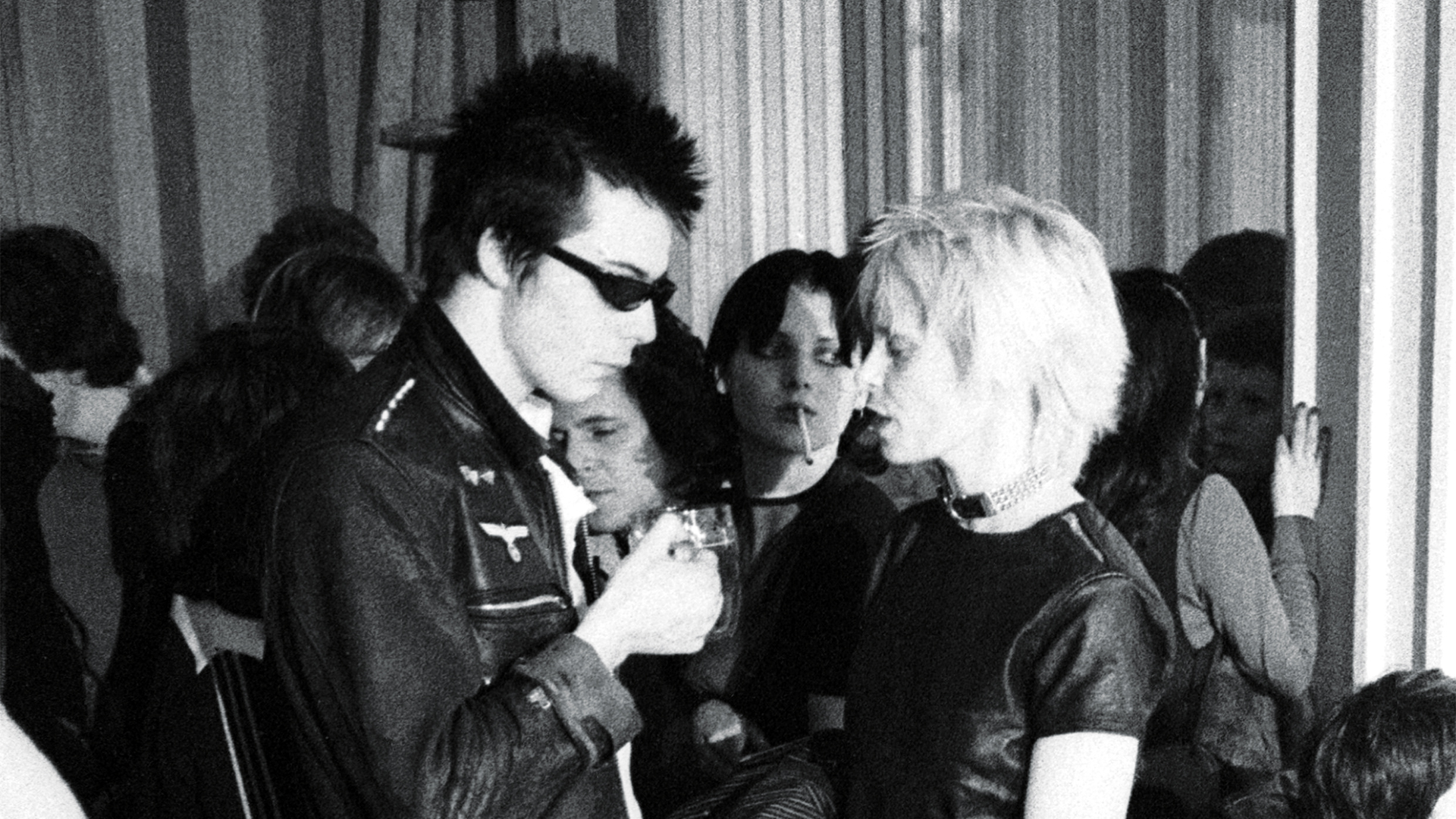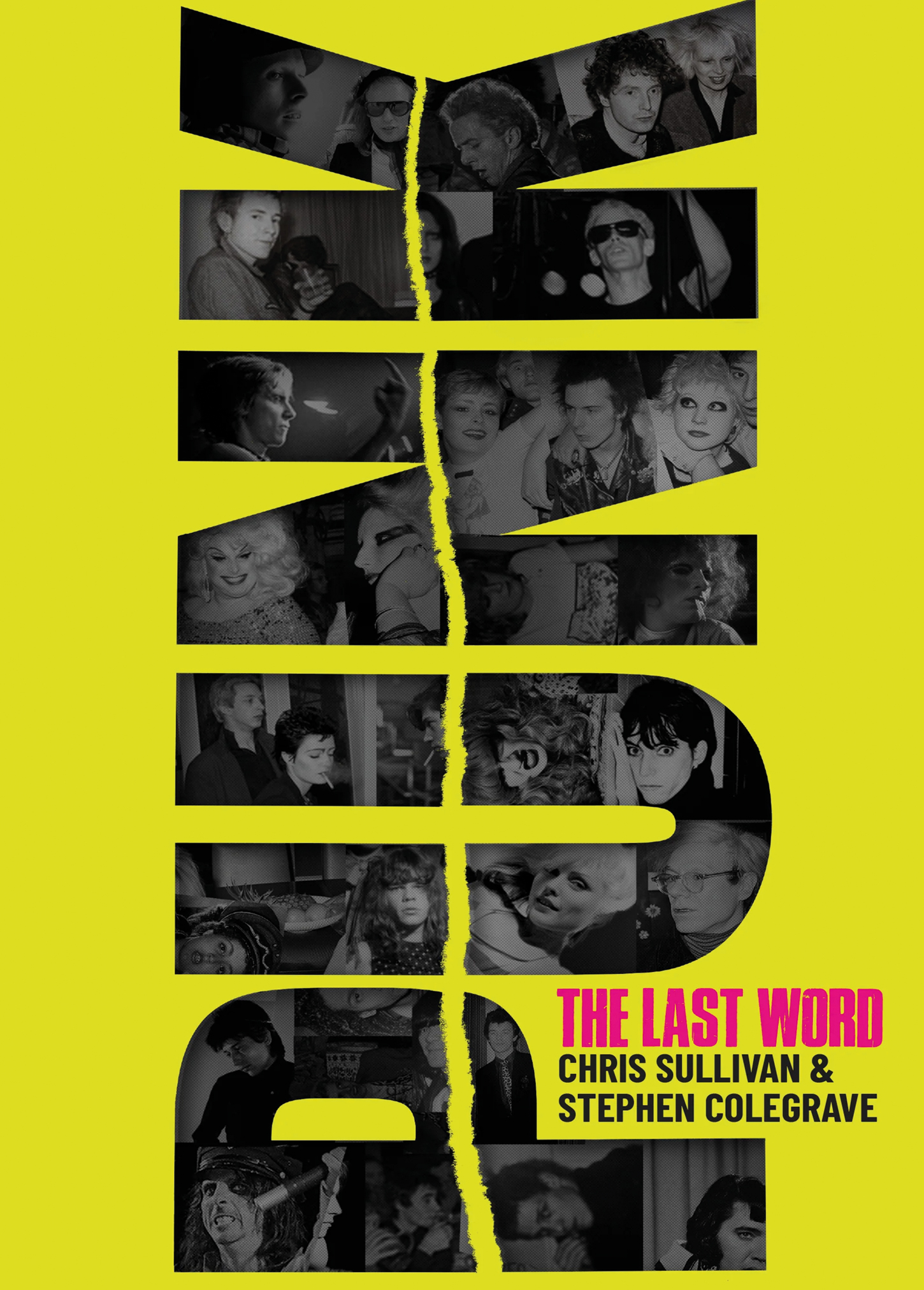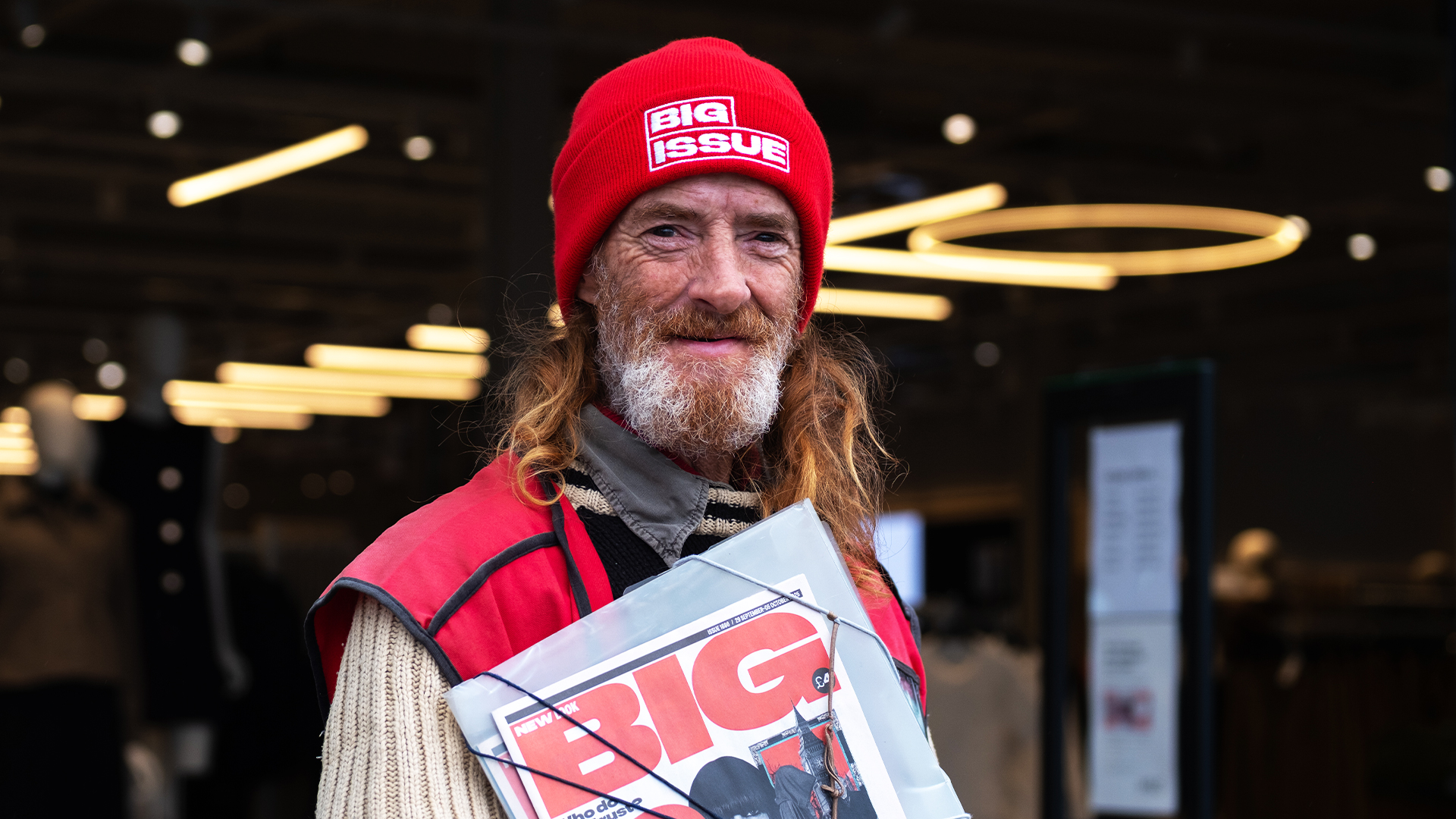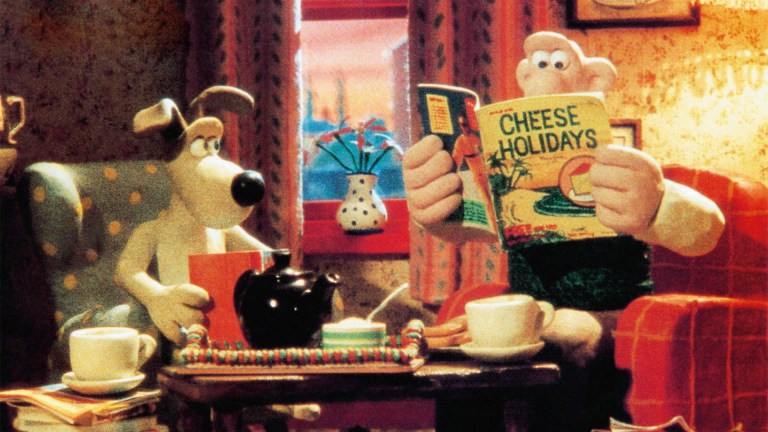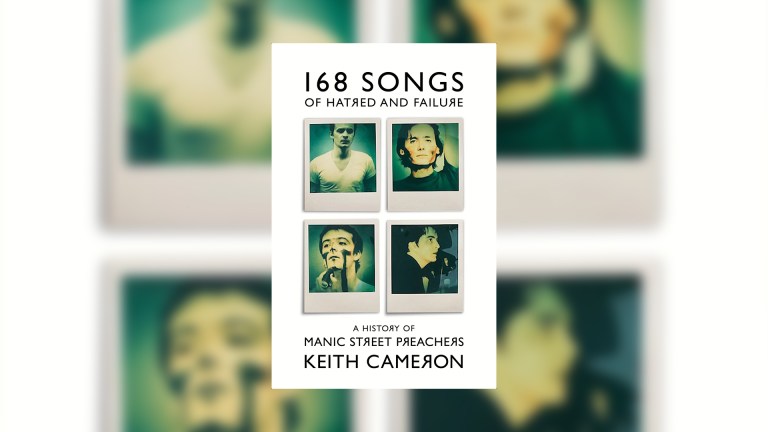Growing up in Dublin in the mid-1980s, my encounters with punk were limited to fleeting glimpses of mohawks and pierced ears congregated in St Stephen’s Green on Saturday afternoons. My sister and I would be shepherded past on our way to the playground, my mum hissing, “For god’s sake don’t look at them!” as if we might be corrupted by proximity. I had no idea what punk meant, but those early stolen glances sparked a lifetime of fascination.
DJ, writer and cultural instigator Chris Sullivan writes in Punk: The Last Word that “punk stands for rebellion, individuality, self-determination, the rejection of nonsensical authority and doing whatever ‘it’ may be for you, without trying to impress or kowtow”. Although he is generally more affiliated with the New Romantic era, Sullivan helped to shape London’s nightlife from the late 1970s onwards, founding the Wag Club, playing records for Bowie and Madonna, and documenting subcultures as they unfolded.
Get the latest news and insight into how the Big Issue magazine is made by signing up for the Inside Big Issue newsletter
“I was there and in it so I didn’t have to stand on the edges,” he tells me. “Many stories are contradictory as many who claim to have been around were not and the truth is they were messy, while any romanticism regarding the whole shebang has been conjured up by those not in the know.” His co-author Stephen Colegrave, co-founder of Byline Times, approaches the subject of punk from a complementary angle, having spent years chronicling the political and cultural collisions that shape social movements. Together they have created a wide-ranging tome; a record of the punk sensibility, where it existed before the Sex Pistols gave it a voice and how it shows up now, beyond the co-opted aesthetic and mythologised roots.
Read more:
- This metal song perfectly sums up the anger felt by disabled people towards the benefits system
- Like a jigsaw falling into place, Radiohead have returned at just the right time
- Primal Scream’s Bobby Gillespie: ‘It was hard to get artists to take part in Gig for Gaza’
The story begins with the early adopters – a nod to Socrates, Arthur Rimbaud and Lee Miller among others – before stomping through the familiar territory of the Beats, Warhol’s Factory, King’s Road, Siouxsie Sioux and the early days of hip-hop, following a restless lineage of people who carved out their own spaces when none were offered. The book is built from a chorus of these voices, gathered over 25 years of interviews.
